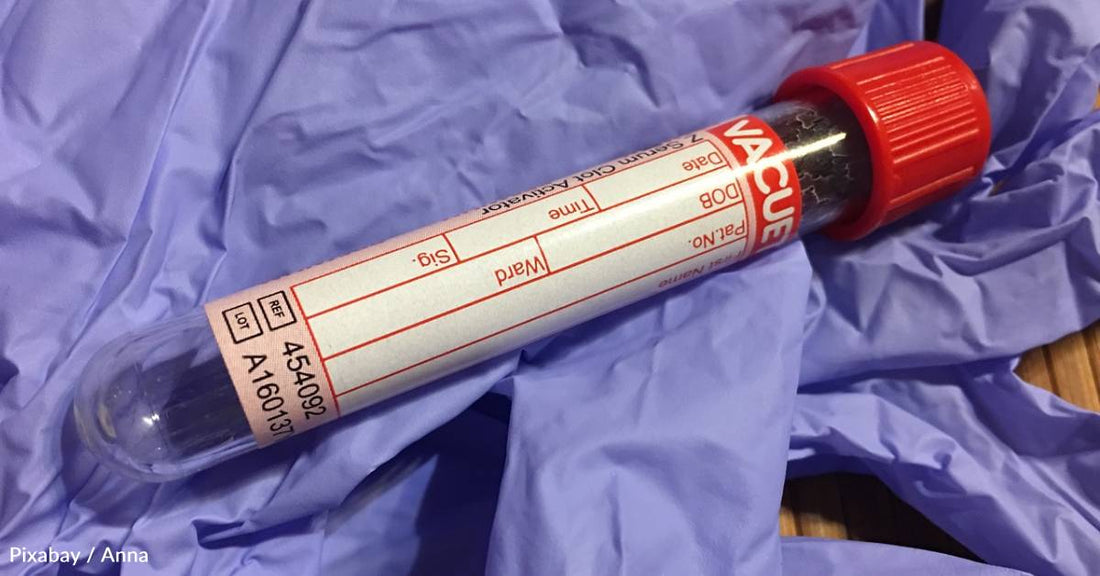New Blood Test Shows Promise in Predicting Whether Breast Cancer Will Recur
Michelle Milliken
Though early detection and treatment of breast cancer are linked with the best disease outcomes, some early-stage breast cancers do recur. Patients are monitored through follow-up care to be on top of any recurrence, but what if you could know in advance if your case will come back? Scientists may be closer to being able to do so.
Research recently presented at the American Society of Clinical Oncology’s annual meeting showed that a sensitive blood test was able to accurately detect levels of circulating tumor DNA after early-stage breast cancer treatment in women who later went on to experience a recurrence. In some cases, these levels were detected well in advance. This is good news, the researchers say, because it could allow recurrences to be caught before they progress to metastatic breast cancer, which is incurable.

Dr. Isaac Garcia-Murillas, the study’s first author and staff scientist at The Institute of Cancer Research, London, explains, “Breast cancer cells can remain in the body after surgery and other treatments but there can be so few of these cells that they are undetectable on follow-up scans. These cells can cause breast cancer patients to relapse many years after their initial treatment. Ultra-sensitive blood tests could offer a better approach for the long-term monitoring of patients whose cancer is at high risk of returning.”
The researchers say their blood test is different than similar tests because they use whole genome sequencing, rather than whole exome sequencing. Using the entire genome has allowed them to identify up to 1800 mutations, which makes the test more sensitive and able to look for more cancer-related DNA changes.
To see how effective their test is, the team examined blood samples from 78 patients in the ChemaNEAR sample collection study. They all had early-stage breast cancer, but different forms: triple negative, HER2-positive, and hormone receptor-positive. Blood samples were taken in this group before, during, and after treatment for up to six years.

The team found that the detection of circulating tumor DNA at any point after surgery or during follow-up was linked with a high risk of relapse. All 11 of the patients who relapsed during the study period showed circulating tumor DNA in their blood test results. There were three more who had detectible levels but did not have disease recurrence during the follow-up period. Of the 60 who didn’t have any levels detected, none had their breast cancer come back throughout the study.
Though more research is needed, these findings could help ease the nerves of patients concerned about a recurrence.
Dr. Simon Vincent, director of research, support and influencing at nonprofit Breast Cancer Now, which helped fund the study, says, "Early detection is one of our greatest weapons against breast cancer and these initial findings, which suggests new tests could be able to detect signs of breast cancer recurrence over a year before symptoms emerge, are incredibly exciting.

"While this research is still in its early stages, catching breast cancer recurrence earlier means treatment is much more likely to destroy the cancer and stop it spreading to other parts of the body, at which point it becomes incurable. With around 11,000 people dying every year in the UK from secondary breast cancer, breakthroughs like these are urgently needed so that we can stop people losing their lives to this devastating disease.”

